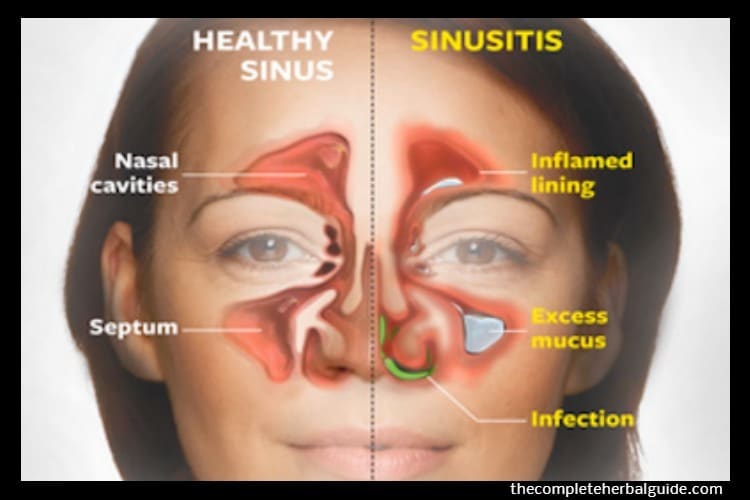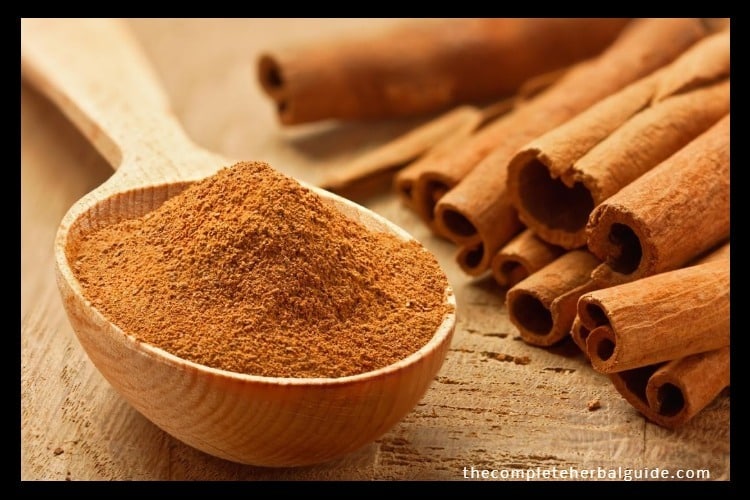
3 Ways To Cure Sinus Headaches Permanently At Home
Table of Contents
Cure Sinus Headaches Permanently At Home
When you feel congested, you usually experience pressure around your eyes, cheeks, and forehead. Your head is usually hurting. It feels like a sinus headache, but you do not know that for sure. Headaches usually go together with sinusitis, a condition in which the membranes lining the sinuses become swollen and inflamed. Many people who think they have sinus headaches have migraines or tension headaches. When sinus headaches caused by sinusitis do occur, correct diagnosis and treatment are the keys to getting better quickly so you can return to your daily routine.
Symptoms
- Occur in the morning
- Pain in the head
- The feeling of pressure and fullness in your cheeks
- Pressure and fullness in your brow
- The feeling of pressure and fullness in your forehead
- Pain may get worse when you bend forward or lie down.
- If sinusitis becomes chronic, the headaches may become a constant dull ache.
- Yellow-green nasal discharge
- Sore throat
- Fever
- Cough
- Fatigue
What is the difference between a sinus headache and a migraine?
The two types of headaches often have common characteristics. Migraine pain often gets worse when you bend forward, and migraines can be accompanied by various nasal signs and other symptoms such as:
- Congestion
- Facial pressure
- Watery nasal discharge
- Pounding or throbbing, aggravated by noise or bright light
- Accompanied by nausea
Causes
Sinusitis can be caused by colds, allergies, bacterial or fungal infections, problems with the immune system, or structural problems in the nasal cavity. The caused by pressure changes in the sinuses can trigger headaches. Risk factors Sinusitis can affect anyone. You may be more likely to develop chronic sinusitis if you have the following:
- Asthma
- Nasal growths (polyps)
- Dust
- Mold
- Pollen
- A weak immune system
- A condition that affects the way mucus moves within your respiratory system, such as cystic fibrosis
3 Ways To Cure Sinus Headaches Permanently At Home
Peppermint
Peppermint oil uses and benefits include its long-lasting cooling effect on the skin, ability to inhibit muscle contractions, and role in stimulating blood flow in the forehead when applied topically.
Applying peppermint essential oil topically across the forehead and on the temples effectively alleviates a tension headache. In a study, 41 patients (and 164 headache attacks) were analyzed in a placebo-controlled, double-blind crossover study. The peppermint oil was applied topically 15 and 30 minutes after a headache began.
Participants reported pain relief in their headache diaries, and peppermint oil proved to be a well-tolerated and cost-effective alternative to usual headache therapies. There were also no adverse side effects reported after peppermint treatment. (1)
Another important study was conducted in 1995 and published in the International Journal of Phytotherapy and Phytopharmacology. Thirty-two healthy participants were evaluated, and essential oil treatment was investigated by comparing the baseline and treatment measurements. One effective treatment was a combination of peppermint oil, eucalyptus oil, and ethanol.
Researchers used a small sponge to apply this mixture, which has a muscle-soothing and mentally relaxing effect, to the participants’ foreheads and temples. When peppermint was mixed with just ethanol, researchers found that it reduced sensitivity during a headache. (2)
In order to improve blood circulation, reduce pain and relieve tension, dilute two to three drops of peppermint oil with coconut oil and rub it into the shoulders, forehead, and back of the neck.

Lavender
The lavender essential oil has a variety of therapeutic and curative properties. It induces relaxation and relieves tension and stress — working as a sedative, antidepressant, anti-anxiety, anxiolytic, anticonvulsant, and calming agent. There is also growing evidence that lavender oil serves as an effective treatment of neurological conditions and disorders.
According to researchers, aromatic and topical use of lavender oil affects the limbic system because the main constituents, Linalool, and linalyl acetate, are rapidly absorbed through the skin and are thought to cause central nervous system depression. For this reason, lavender oil can treat headaches caused by anxiety disorders and related conditions.
Lavender oil benefits
Including relieving feelings of restlessness and disturbed sleep, two symptoms of headaches. It also regulates serotonin levels, which helps minimize pain in the nervous system that can lead to migraine attacks. (3)
A study published in European Neurology found that lavender essential oil is an effective and safe modality in managing migraine headaches. Forty-seven participants were investigated in this placebo-controlled clinical trial. The treatment group inhaled lavender oil for 15 minutes during a migraine headache. The patients were then asked to record their headache severity and associated symptoms in 30-minute intervals for two hours.
The difference between the control and treatment groups was statistically significant. Of the 129 headache cases in the treatment group, 92 responded entirely or partially to lavender oil inhalation. In the control group, 32 out of 68 recorded that headache attacks responded to the placebo; the percentage of responders was significantly higher in the lavender group than in the placebo group. (4)
To reduce muscle tension, boost mood, aid sleep, and relieve stress, diffuse five drops of lavender oil at home or in the office. You can also apply lavender oil topically to the back of the neck, temples, and wrists to relieve stress or tension headaches. To relax your body and mind, add five to 10 drops of lavender oil to a warm-water bath and take deep breaths, so the sedative properties begin to take effect and reduce headache tension.
Eucalyptus
Eucalyptus works as an expectorant — it helps cleanse the body of toxins and harmful microorganisms. It also opens the nasal airways and eliminates sinus pressure that can lead to a nasty headache, all while promoting emotional balance and boosting mood.
A clinical trial published in Evidence-Based Complementary and Alternative Medicine states that inhaling eucalyptus oil can decrease a person’s pain and blood pressure. The study involved 52 patients who recently underwent total knee replacement surgery. Eucalyptus oil treatment promoted emotional stability in the patients, reduced edema formation and had anti-inflammatory effects. These pain-reducing and relaxing effects can be beneficial to people suffering from tension headaches. (5)
A 2011 study conducted in Israel evaluated the efficacy of eucalyptus oil when used on patients with respiratory conditions that can lead to a cough, sore throat, and tension headaches. Patients reported that eucalyptus oil improved breathing and reduced runny nose.
Researchers reported that the oil showed anti-inflammatory effects when used to treat respiratory conditions. It exhibited antibacterial, antiviral and antimicrobial properties that alleviate sinus pressure caused by an inflammatory response. (6)
Dilute two to four drops of eucalyptus oil with carrier oil, and apply it topically to the chest, back of the neck, temples, and forehead. This eliminates nasal buildup and clears your airways — alleviating the sinus tension that leads to a headache or migraine attack.
Prevention
- Wash your hands often. Soap and water can help you avoid upper respiratory infections that can lead to sinusitis. You may want to ask your doctor about a yearly flu vaccine as well.
- Avoid cigarettes, cigars, and pipe smoke. These and other air pollutants can cause your sinus membranes to swell.
- Use a humidifier. Adding moisture to dry indoor air can help prevent sinusitis. But watch out, don’t overdo it. High indoor humidity can create mold and dust mite growth. Be sure the humidifier is clean and free of mold.
If you develop a cold or other upper respiratory infection, take good care of yourself. Drink plenty of fluids. Keep your nasal passages clear by gently blowing your nose, one nostril at a time.








